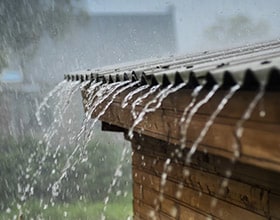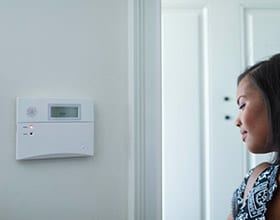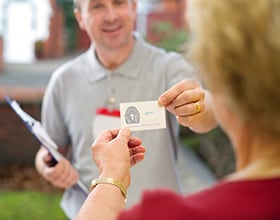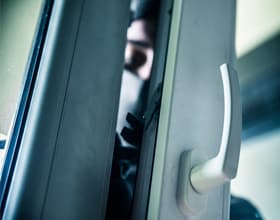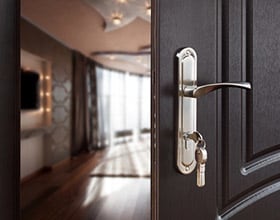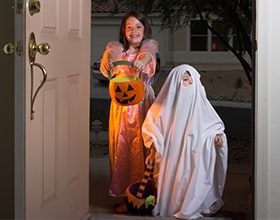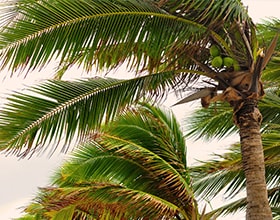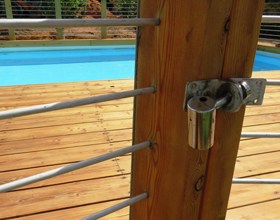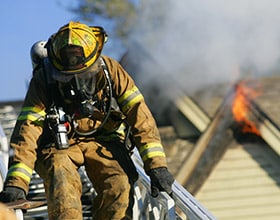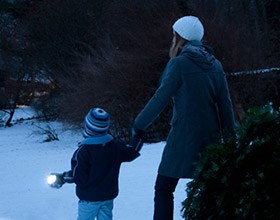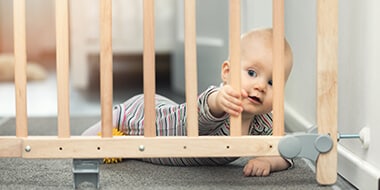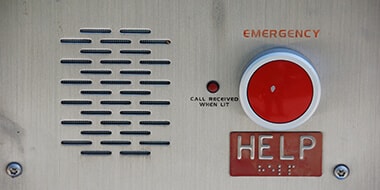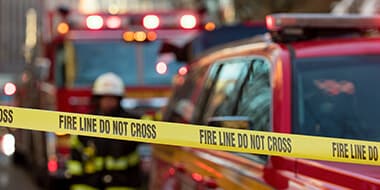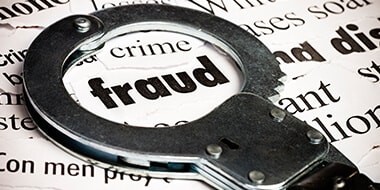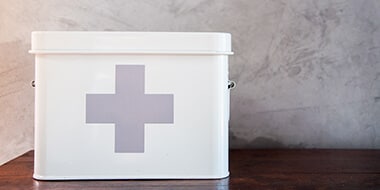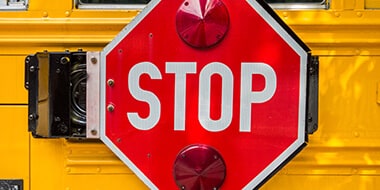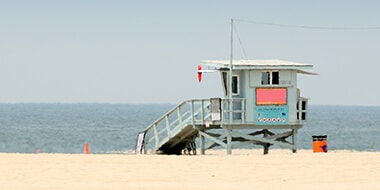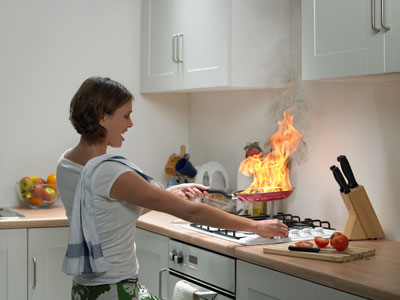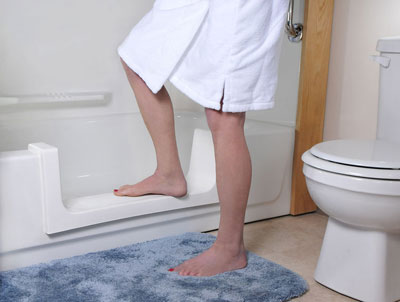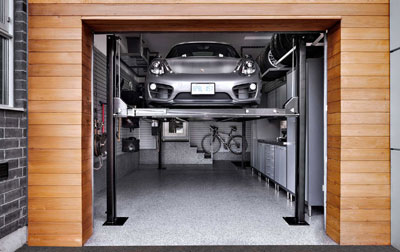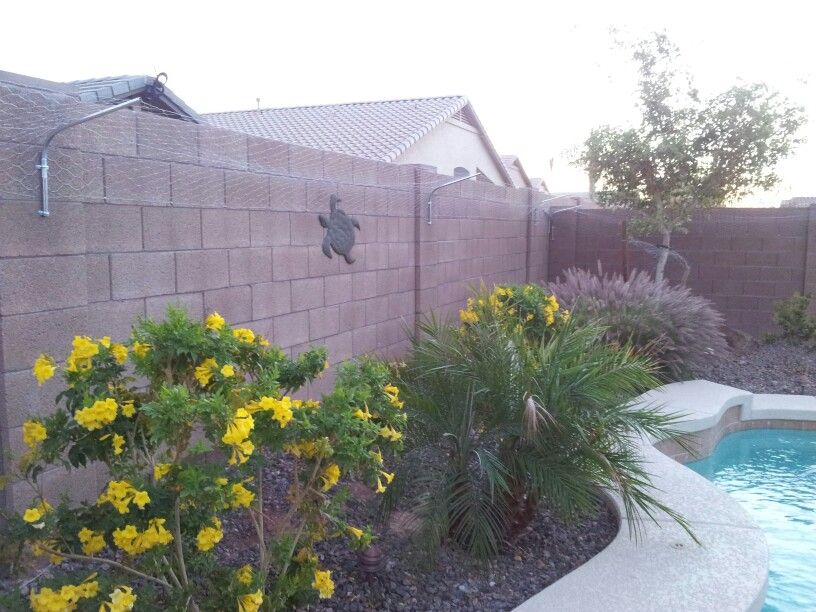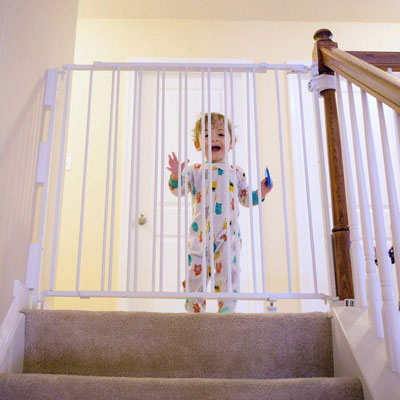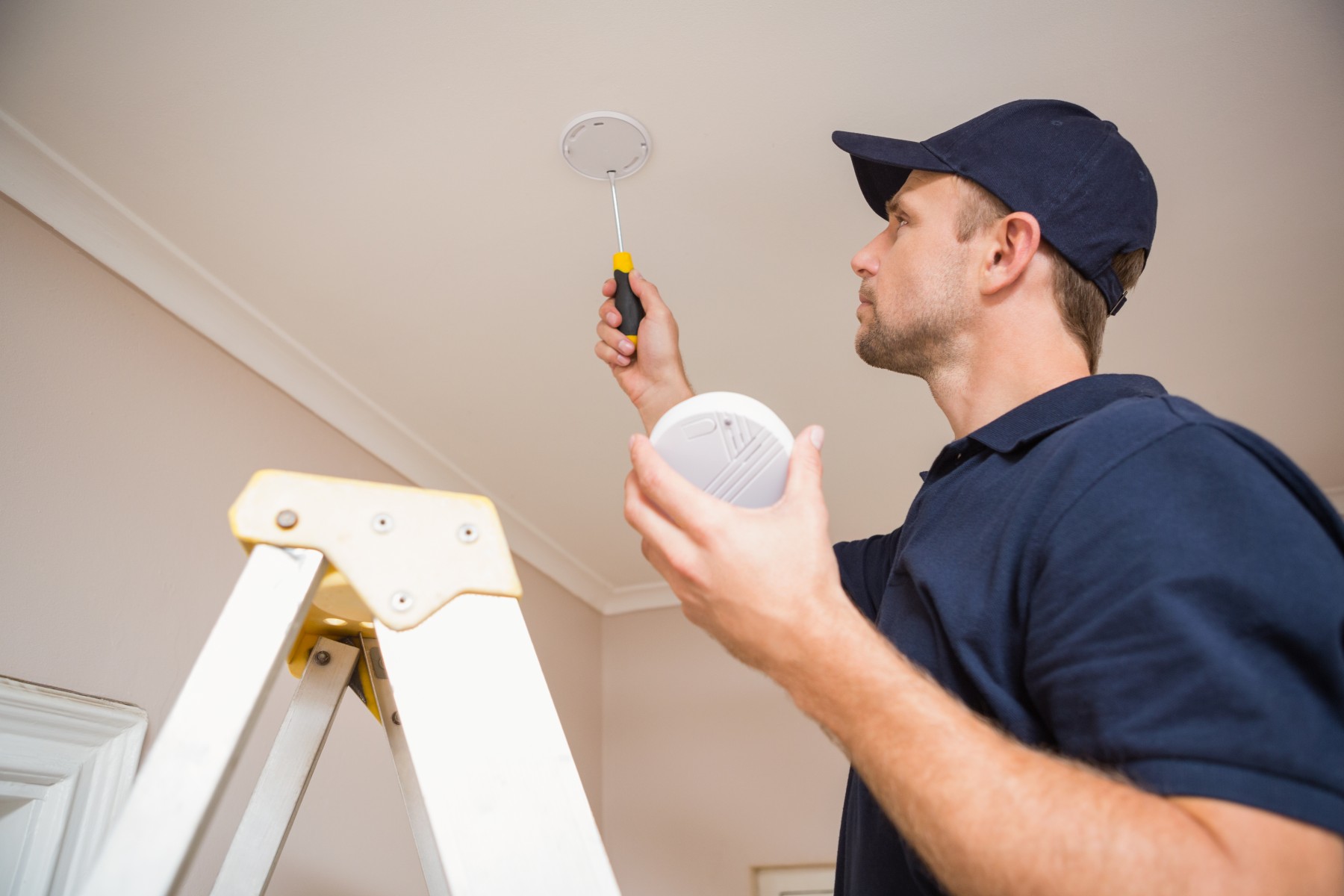At the point when you tidy up tree harm after a tempest, don't work alone. Select at any rate one accomplice to support you. Before you start, you and your accomplice should review the site. Recognize the risks and concur where wounds are well on the way to occur. Think of correspondence signs to utilize in the event that you move out of one another's earshot.
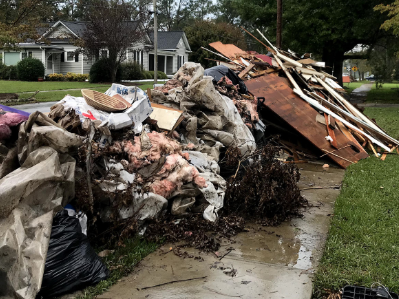 Make a sheltered work zone by setting an edge multiple occasions the stature of the tree you're chipping away at. Imprint the edge with splendid hued tape or cones, and keep non-laborers outside this border. Select an individual to go about as the "flagger" for traffic, or use blockades and cautioning signs.
Make a sheltered work zone by setting an edge multiple occasions the stature of the tree you're chipping away at. Imprint the edge with splendid hued tape or cones, and keep non-laborers outside this border. Select an individual to go about as the "flagger" for traffic, or use blockades and cautioning signs. Utilizing a Chain Saw
Cutting apparatuses might be the most perilous force instrument accessible to the general population. Their edges can climb to 68 miles for every hour, and their suppressors can get as hot as 900 degrees. During typhoon cleanup, when they are broadly used to evacuate trees and branches, the danger of injury from cutting tools increments. Follow these straightforward rules to help stay away from such wounds.
Employing a Professional
During typhoon cleanup, it's essential to distinguish which occupations should be finished by experts. For instance, on the off chance that you are a property holder, utilize a cutting tool just when you are on the ground. Get a tree-care proficient to accomplish all other work, including any that includes climbing. Try not to utilize stepping stools or ropes.
There are various sorts of experts you can contact. A tree-care proficient with satisfactory hardware and protection can bring down trees in open territories or evacuate dead or risky appendages.
Electrical Hazards
Just qualified line-freedom arborists should work close to electrical utilities harmed during the tempest. Trees can remove underground utilities and tear down electrical cables during typhoons. The mix of electrical wires and floodwater makes an incredibly dangerous condition. Line-leeway arborists alone are able to deal with these grounds.
Use Caution
Once more, security should consistently start things out. Call the force organization to report tree appendages fallen on electrical cables. Expect all electrical cables are hazardous, and don't contact them. Electric shock may happen if any piece of your body contacts a channel (water, instrument, tree limb, metal fence) in contact with a stimulated electrical cable.
Now and again huge tempests can wreck a network's trees. The cleanup of tempest harm can be hazardous and costly. Yet, fortunately after a typhoon, a network gets the opportunity to all the more likely arrangement its urban timberland with the goal that future tempests do less harm.

